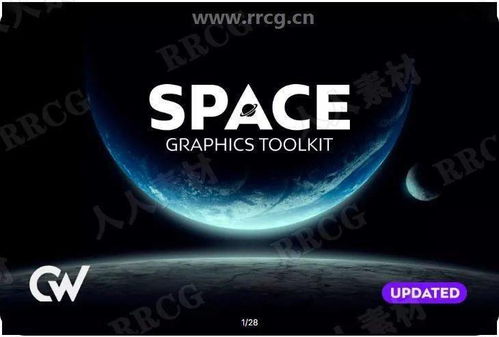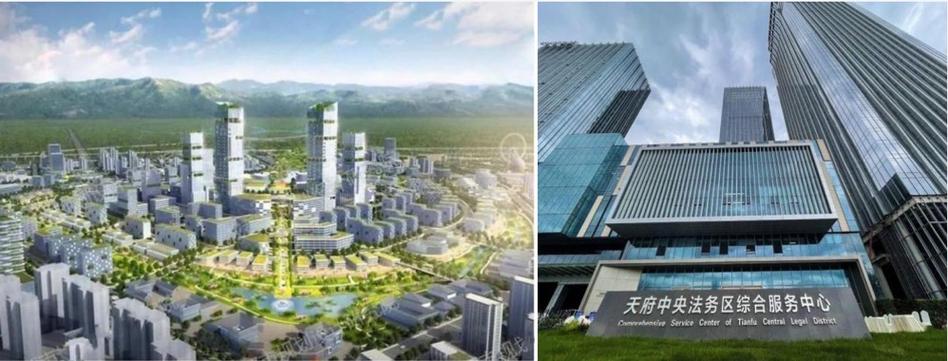Title: Exploring Technological Advancements Across Industries
Introduction
In today's rapidly evolving technological landscape, innovations are reshaping industries and redefining the way we work, communicate, and live. From breakthroughs in artificial intelligence to advancements in biotechnology, various sectors are experiencing transformative changes driven by cuttingedge research and development. Let's delve into some key technological advancements across industries:
1. Artificial Intelligence (AI)

Artificial intelligence, or AI, is revolutionizing industries by enabling machines to perform tasks that typically require human intelligence. Machine learning algorithms, neural networks, and natural language processing are among the key components driving AI advancements. In healthcare, AI is enhancing diagnostics, drug discovery, and personalized treatment plans, leading to improved patient outcomes and cost savings. In finance, AIpowered algorithms are revolutionizing fraud detection, risk management, and algorithmic trading, optimizing decisionmaking processes and minimizing financial risks.
2. Biotechnology
Biotechnology encompasses a wide range of technologies that leverage biological systems and living organisms to develop products and solutions. Advancements in gene editing, such as CRISPRCas9, are revolutionizing healthcare by enabling precise genetic modifications to treat genetic disorders and develop novel therapies. In agriculture, biotechnology is enhancing crop yields, improving pest resistance, and developing droughttolerant crops to ensure food security in a changing climate. Furthermore, biotechnology is driving innovation in renewable energy production, biofuels, and environmental remediation, offering sustainable solutions to global challenges.
3. Renewable Energy
The transition to renewable energy sources, such as solar, wind, and hydroelectric power, is a critical response to climate change and environmental sustainability concerns. Technological advancements in renewable energy technologies are driving down costs, improving efficiency, and expanding deployment worldwide. Solar photovoltaic (PV) systems are becoming increasingly efficient and affordable, making solar energy a competitive alternative to traditional fossil fuels. Similarly, innovations in wind turbine design, energy storage systems, and grid integration are accelerating the adoption of wind power as a clean and reliable energy source.
4. Information Technology (IT)
Information technology encompasses a broad spectrum of technologies, including computer hardware, software, networking, and telecommunications, that facilitate the storage, processing, and transmission of data. Cloud computing technologies are transforming IT infrastructure by providing scalable and costeffective solutions for storage, computing, and software delivery. The Internet of Things (IoT) is connecting devices and sensors to the internet, enabling datadriven insights and automation across various industries, from smart homes and cities to industrial automation and healthcare.
5. Quantum Computing
Quantum computing represents a paradigm shift in computing technology by harnessing the principles of quantum mechanics to perform complex calculations at unprecedented speeds. Quantum computers have the potential to revolutionize fields such as cryptography, optimization, drug discovery, and material science by solving problems that are currently intractable for classical computers. While still in the early stages of development, quantum computing holds promise for addressing some of the most pressing challenges in science, engineering, and industry.
Conclusion
Technological advancements are driving innovation and transformation across industries, offering new opportunities for economic growth, social progress, and environmental sustainability. By embracing emerging technologies and fostering interdisciplinary collaboration, businesses, governments, and societies can harness the power of innovation to address global challenges and create a better future for all.










评论